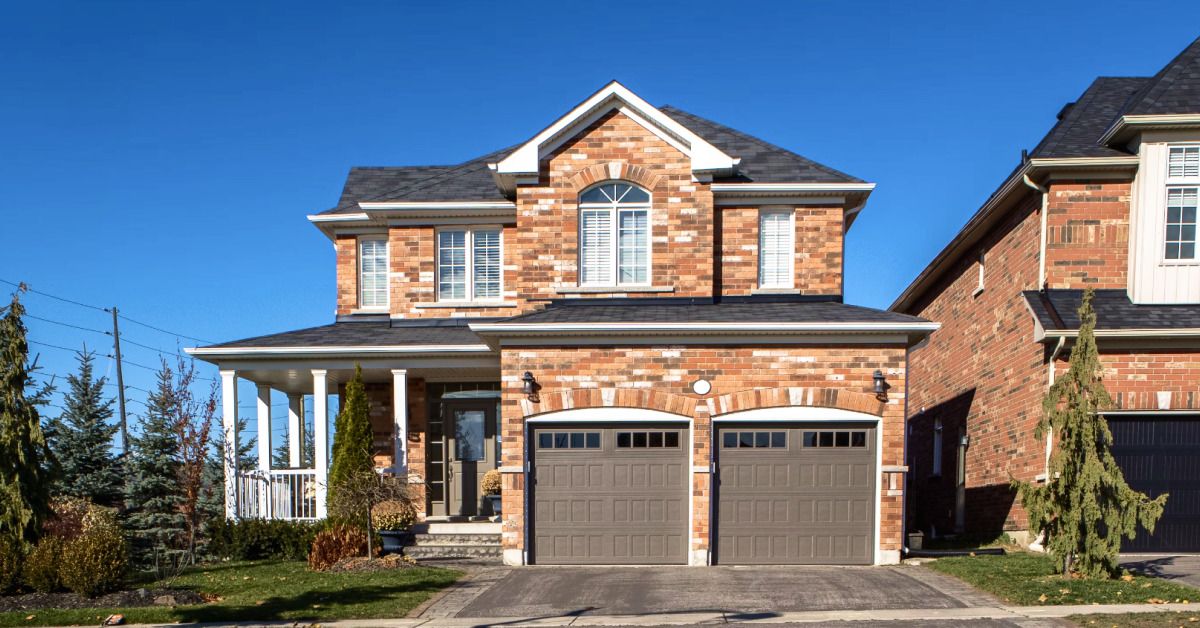As individuals transition into their senior years, the consideration of senior housing often becomes a critical aspect of their planning. Senior housing provides a community designed to cater to the needs of older adults, offering varying degrees of assistance and amenities to ensure their comfort and well-being. Understanding the process of applying for senior housing can better inform the decision-making process and lead to a successful match for the prospective resident.

1. Eligibility Requirements
The first step in applying for senior housing is determining eligibility. Eligibility criteria can vary depending on the housing facility, but it generally involves age restrictions, with 55+ or 62+ being common benchmarks. Many facilities also require a certain level of independent living skills or may offer different housing options based on the care level required. Financial eligibility is another important consideration, as some housing options are subsidized for low-income seniors.
As you can see, establishing eligibility requirements ensures that the senior housing community will be well-suited to its residents, providing a harmonious environment where all residents share similar needs, interests, and abilities.
2. Types of Senior Housing
Understanding the types of senior housing available is vital before applying. Options range from independent living, assisted living, and nursing homes, to continuing care retirement communities (CCRCs). Each type offers different services such as meal plans, transportation, housekeeping, and medical care depending on the level of need.
By offering a spectrum of housing types, seniors can find a living situation that best matches their current and anticipated future needs, thus providing a sense of security and appropriate care.
3. Financial Planning
Financial considerations are paramount when applying for senior housing. The costs associated with senior living can be substantial, and understanding the pricing structure is necessary. Some communities charge an upfront fee plus monthly charges, while others operate on rental agreements. Inquiring about what is included in these charges and the potential for additional fees for extra services or care is crucial.
Undeniably, transparent financial planning prevents unexpected expenses and allows seniors and their families to budget accordingly, reducing financial stress and ensuring a sustainable living situation.
4. Waiting Lists
Due to the high demand for senior housing, many facilities have waiting lists. Applying as early as possible is important even if the move is not immediate. The application process for such housing may require background checks, medical assessments, and financial documentation. Therefore, early application mitigates the risk of not having housing when it is most needed, fostering a smoother transition into senior living.
5. Tours and Interviews
Taking tours and participating in interviews is an excellent way to get a feel for the community and the level of care provided. During these visits, potential residents can inquire about resident life, community policies, and emergency preparedness. Personal interaction with the facility through tours and interviews provides insights that cannot be gleaned from brochures or websites. This contact can play a decisive role in determining a good fit between the sensor and the housing community.
6. Documentation and Application
Most senior housing facilities will require a formal application, which should be filled out meticulously. It will include providing personal, financial, and medical information. Some residences might require letters of recommendation or a statement of purpose. A carefully completed application that includes all required documentation expedites the review process and increases the likelihood of acceptance into the desired community.
7. Assessing Long-term Needs
Contemplating long-term needs is a foundational aspect of applying for senior housing. While current health and independence levels are a starting point, consideration must be given to services like memory care, mobility assistance, and other progressive care options. An honest assessment of long-term healthcare needs ensures that the senior housing chosen can accommodate changing health statuses, thereby eliminating or reducing the need for stressful relocations in the future.
In Summary
Applying for senior housing is a multifaceted process that involves careful consideration of eligibility, types of housing, financial requirements, waiting lists, the application process, and long-term needs. By paying close attention to these aspects, seniors and their families can make informed decisions that align with the older adult’s needs and preferences. This preparedness lays the foundation for a secure, comfortable, and enriching environment in a senior housing community that serves individuals in the golden years of their lives.











